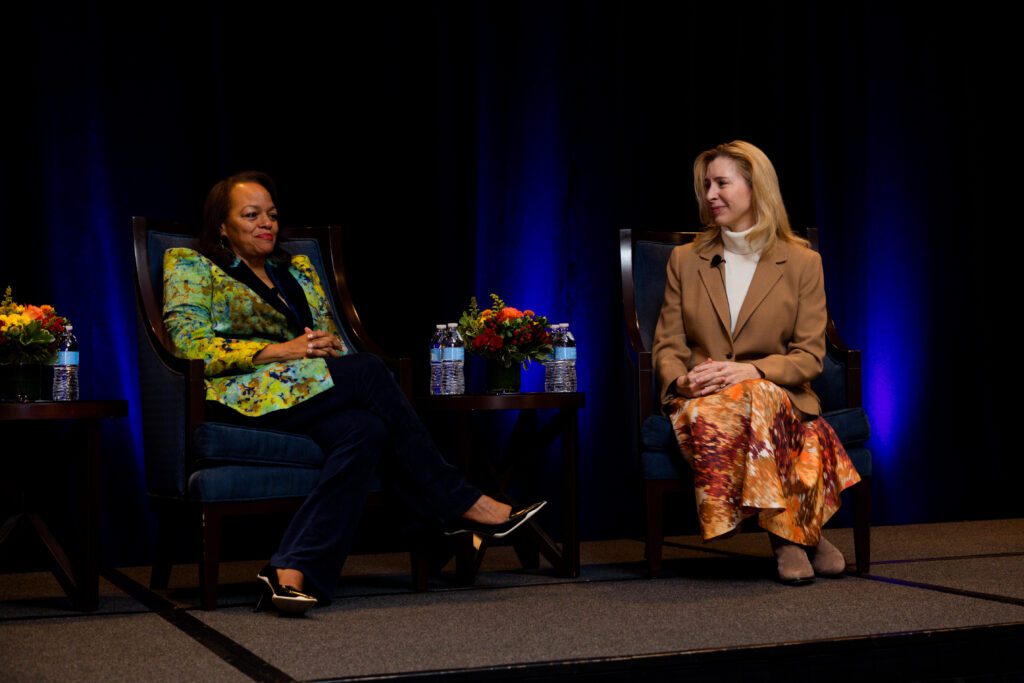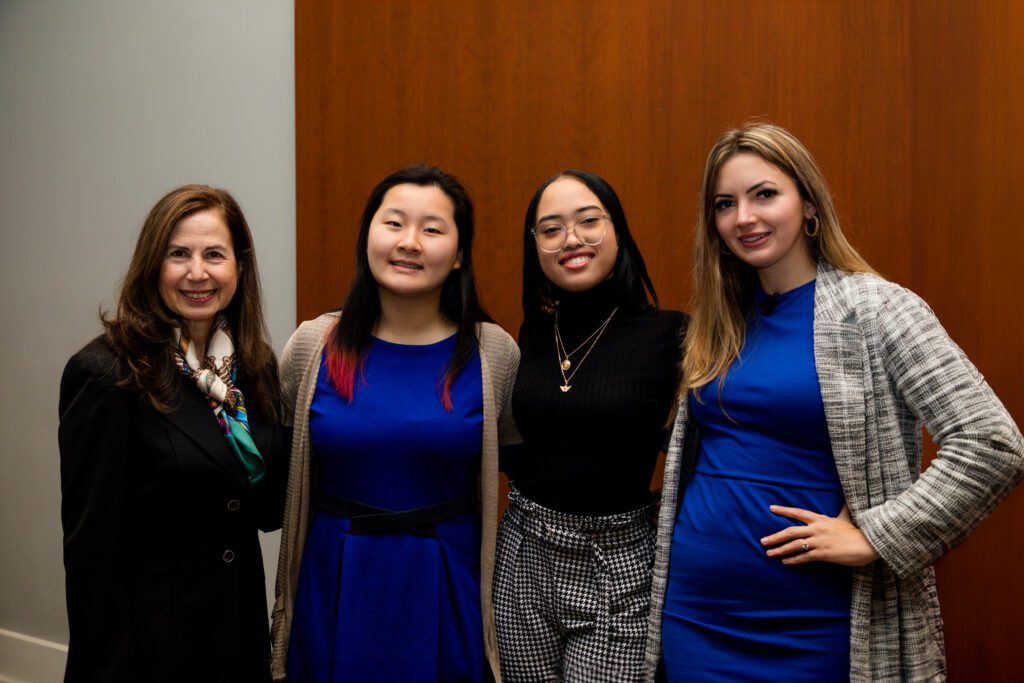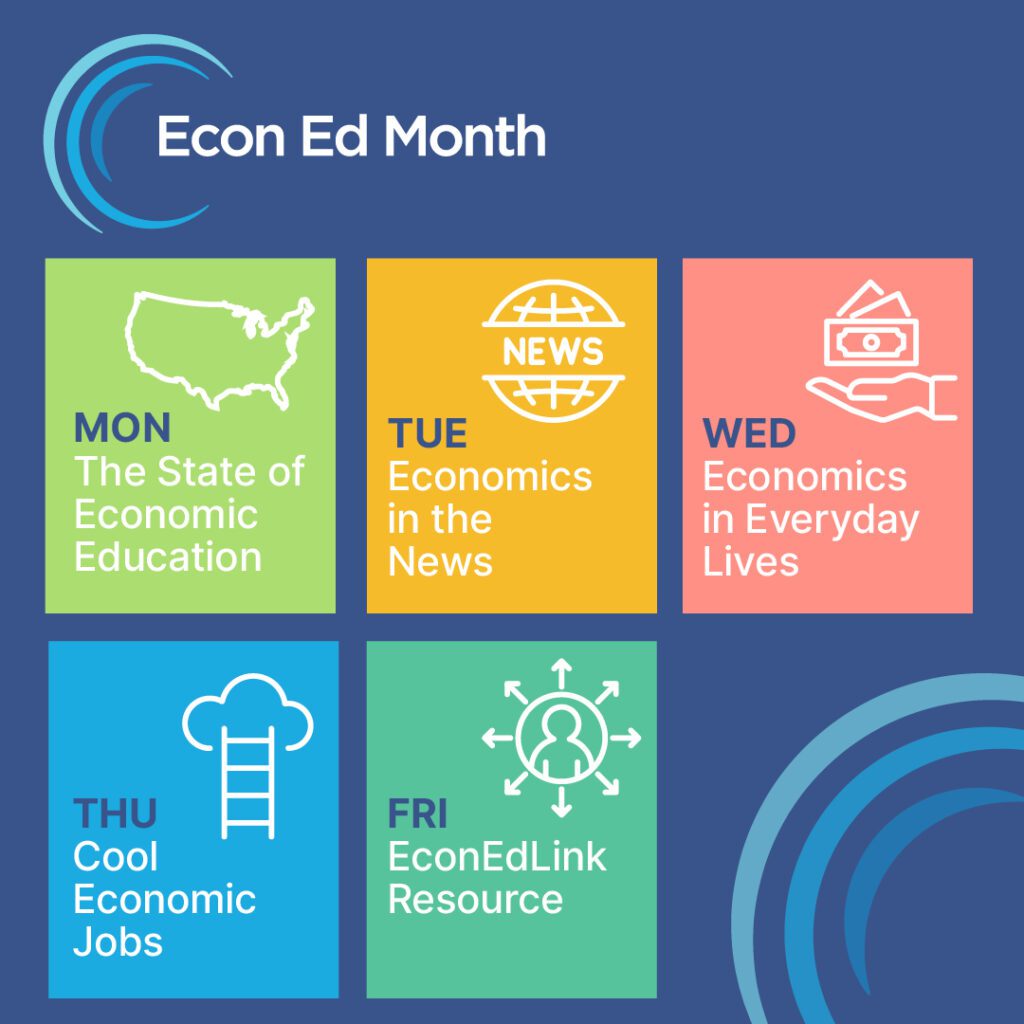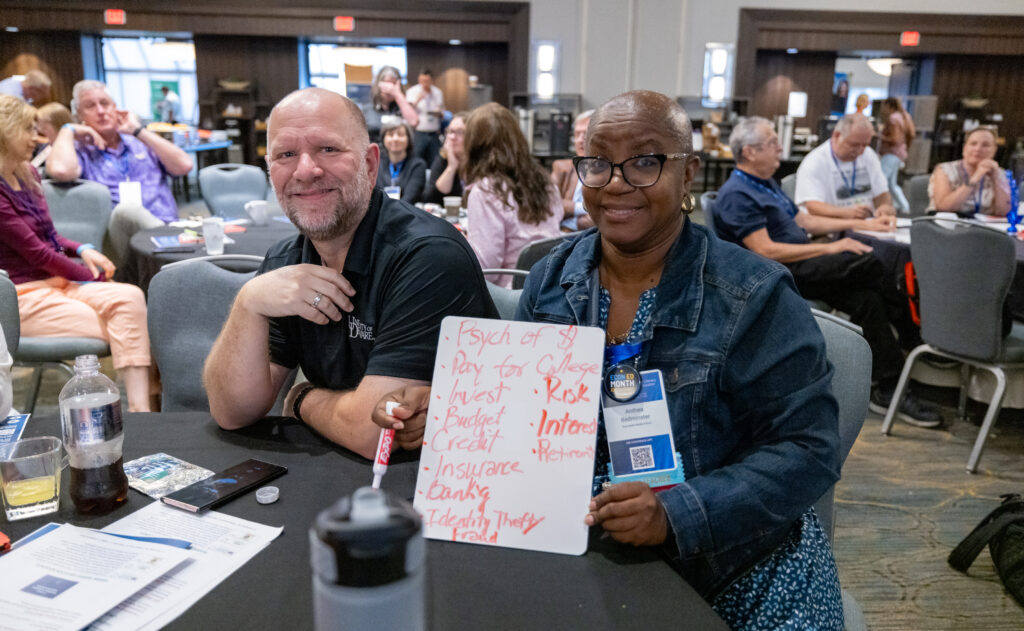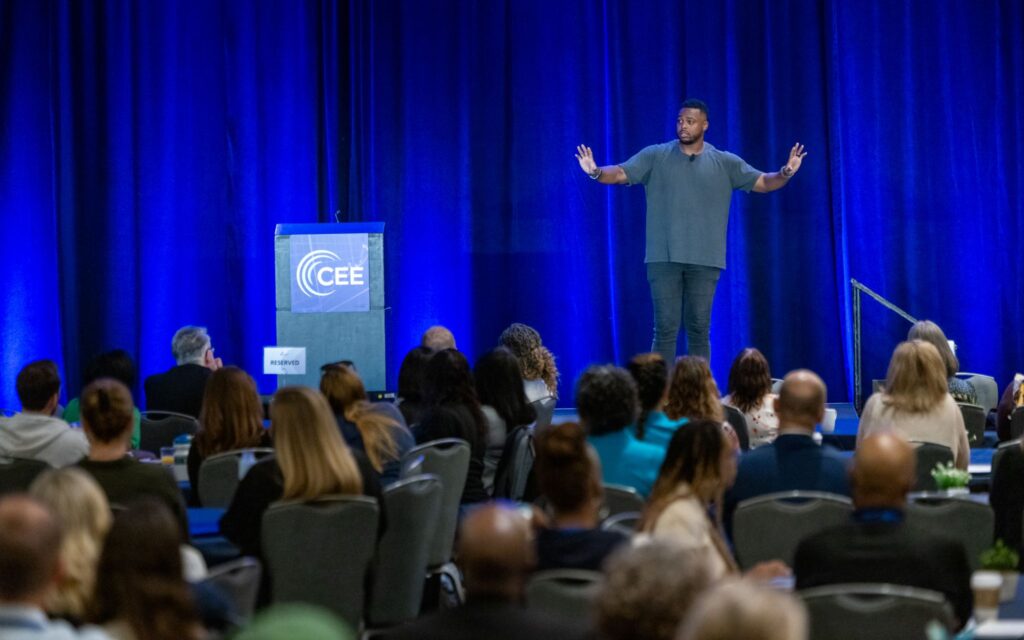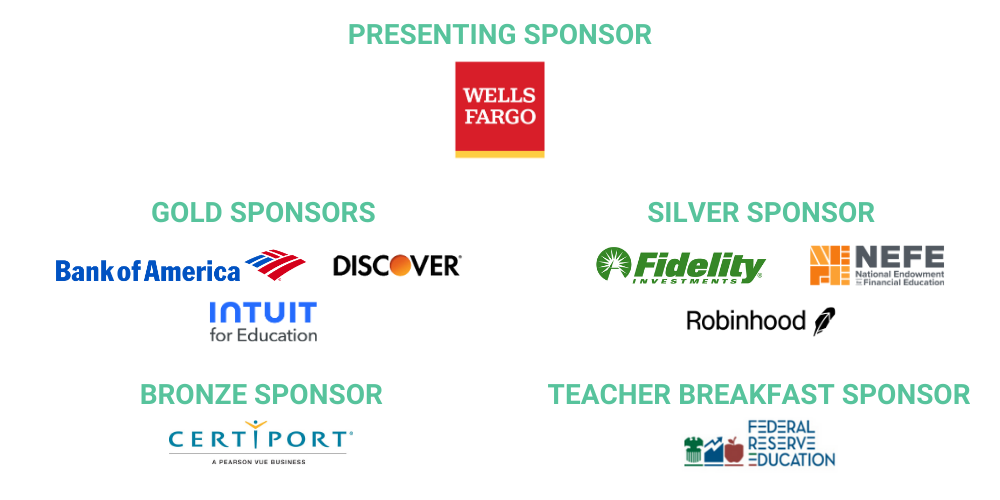By CEE
CEE is a leader in defining national standards for the teaching of K-12 personal finance, outlining what students should know by grade level. Our latest National Standards for Personal Financial Education, released in 2021, identify knowledge, skills, and decision-making abilities that young people should acquire during their education to prepare students for their lives as smart consumers. The six core areas of personal finance we identified, in partnership with the Jump$tart Coalition for Personal Financial Literacy, offer young people a base level of knowledge they should acquire for their lives as smart consumers.
Here’s what the next generation should know:
Earning Income
How people earn income:
Most people earn wage and salary income in return for working, and they can also earn income from interest, dividends, rents, entrepreneurship, business profits, or investments. Employee compensation may also include access to employee benefits such as retirement plans and health insurance.
What types of work and workers make more money?
Employers generally pay higher wages and salaries to more educated, skilled, and productive workers. The decision to invest in additional education or training can be made by weighing the benefit of increased income-earning and career potential against the opportunity costs in the form of time, effort, and money.
Impact of Taxes on Earnings
Spendable income is lower than gross income due to taxes assessed on income by federal, state, and local governments.
Spending
What is a budget?
A budget is a plan for allocating a person’s spendable income to necessary and desired goods and services. When there is sufficient money in their budget, people may decide to give money to others, save, or invest to achieve future goals.
How do I make good spending decisions?
People can often improve their financial wellbeing by making well-informed spending decisions, which includes critical evaluation of price, quality, product information, and method of payment. Individual spending decisions may be influenced by financial constraints, personal preferences, unique needs, peers, and advertising.
Saving
How do I decide how much I should save?
People who have sufficient income can choose to save some of it for future uses such as emergencies or later purchases. Savings decisions depend on individual preferences and circumstances.
How do I decide where I should put my savings?
Funds needed for transactions, bill-paying, or purchases, are commonly held in federally insured checking or savings accounts at financial institutions because these accounts offer easy access to their money and low risk. Interest rates, fees, and other account features vary by type of account and among financial institutions, with higher rates resulting in greater compound interest earned by savers.
Investing
Why invest?
Kids can choose to invest some of their money in financial assets to achieve long-term financial goals, such as buying a house, funding future education, or securing retirement income. Investors receive a return on their investment in the form of income and/or growth in value of their investment over time. People can more easily achieve their financial goals by investing steadily over many years, reinvesting dividends, and capital gains to compound their returns.
How do I decide where I should invest?
Investors have many choices of investments that differ in expected rates of return and risk. Riskier investments tend to earn higher long-run rates of return than lower-risk investments. Investors select investments that are consistent with their risk tolerance, and they diversify across a number of different investment choices to reduce investment risk.
Managing Credit
What is credit?
Credit allows people to purchase and enjoy goods and services today, while agreeing to pay for them in the future, usually with interest. There are many choices for borrowing money, and lenders charge higher interest and fees for riskier loans or riskier borrowers. Lenders evaluate creditworthiness of a borrower based on the type of credit, past credit history, and expected ability to repay the loan in the future.
What is a credit score and why does it matter?
Credit reports compile information on a person’s credit history, and lenders use credit scores to assess a potential borrower’s creditworthiness. A low credit score can result in a lender denying credit to someone they perceive as having a low level of creditworthiness.
How do I build credit /my creditworthiness?
Common types of credit include credit cards, auto loans, home mortgage loans, and student loans. The cost of post-secondary education can be financed through a combination of grants, scholarships, work-study, savings, and federal or private student loans.
Managing Risk
What does it mean to manage risk?
People are exposed to personal risks that can result in lost income, assets, health, life, or identity. They can choose to manage those risks by accepting, reducing, or transferring them to others.
What is insurance and when do I need it?
When people transfer risk by buying insurance, they pay money now in return for the insurer covering some or all financial losses that may occur in the future. Common types of insurance include health insurance, life insurance, and homeowner’s or renter’s insurance. The cost of insurance is related to the size of the potential loss, the likelihood that the loss event will happen, and the risk characteristics of the asset or person being insured. Identity theft is a growing concern for consumers and businesses. Stolen personal information can result in financial losses and fraudulent credit charges. The risk of identity theft can be minimized by carefully guarding personal financial information.
How Do I Get Started?
First, see how you score on our personal finance quiz. Then, check out these resources for teachers, for students, and for families.
About the Council for Economic Education
The Council for Economic Education‘s (CEE’s) mission is to equip K–12 students with the tools and knowledge of personal finance and economics so that they can make better decisions for themselves, their families, and their communities, and learn to successfully navigate in our ever-changing economy. We carry out our mission in three ways. We advocate to require financial and economic education in every state. We provide training, tools and resources – online and live through over 180 affiliates nationwide – to more than 40,000 teachers annually who in turn bring the highest quality economics and personal finance instruction to over 4 million students. We deepen knowledge and introduce high school students to critical career capabilities through our national competitions and Invest in Girls program.
Media contact:
CEE: press@councilforeconed.org
The post 6 Core Areas of Personal Finance appeared first on Council for Economic Education.
POSTED: August 2, 2023 | BY: brendan

